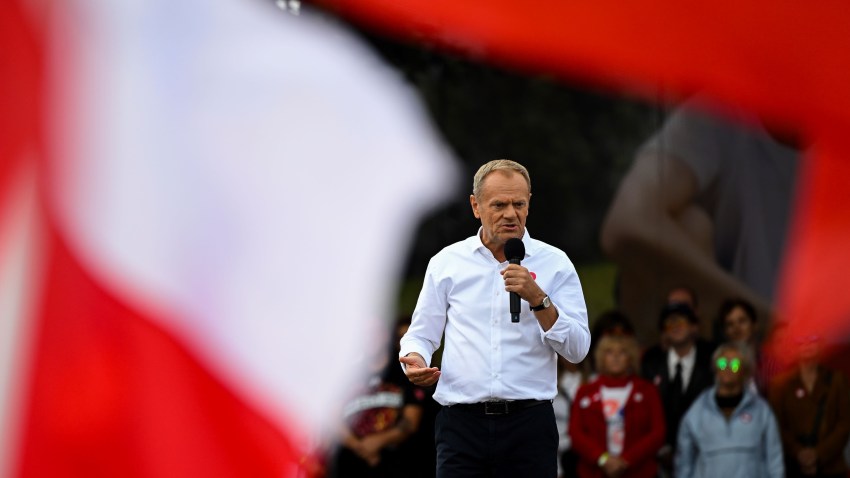Today at WPR, we’re covering Guatemala’s democratic transition and Australia’s thawing relations with China.
But first, here’s our take on this weekend’s election results.
Poland: Opposition leader and former Prime Minister Donald Tusk declared victory in a pivotal election for the country, based on exit polling that showed the opposition coming in second behind the ruling Law and Justice, or PiS, party, but with a clearer path to forming a governing coalition. The final results, however, remain uncertain. (Washington Post)
Our Take: Assuming the exit polls hold true, the outcome is significant, for both Warsaw and Brussels. Over its eight years in power, the populist, anti-immigration PiS has steadily rolled back democratic norms, running afoul of the European Union on rule-of-law issues and aligning with Hungary against Brussels on a range of issues, including migration policy.
Get the Daily Review sent straight to your inbox every weekday.
Turnout was enormous, highlighting how engaged Polish voters were with the election’s high stakes for the country’s democracy and relations with the EU. Young people and women, in particular, appear to have overwhelmingly supported the opposition, likely a result of both generational trends and the erosion of abortion rights in Poland since PiS came to power in 2015.
Should it hold, the outcome will be a huge sigh of relief for Brussels. But the seismic shift it represents in EU politics will also create challenges, as Poland’s growing weight and influence in Brussels will require paying more attention to Warsaw’s priorities and interests, even if rule-of-law issues are no longer a source of tension.
Ecuador: The 35-year-old Daniel Noboa won Ecuador’s presidential runoff ballot Sunday, defeating Luisa Gonzalez, a leftist loyal to former President Rafael Correa, in an election overshadowed by a surge in crime and violence in the country. (Washington Post)
Our Take: The close race between Noboa and Gonzalez signals that Ecuador is still a country that is very much polarized, and that Correa’s leftist movement, even in defeat, maintains widespread appeal. Keeping Correa from returning as the power behind the throne may be the election’s most significant outcome. But in many ways, the close finish means the jury is still out when it comes to any definitive verdict on Correa’s future.
That is especially true because Noboa’s mandate will only last for the remaining 18 months of outgoing President Guillermo Lasso’s term. That leaves him very little time in which to address the widespread violence and crime, spurred on by transnational criminal groups, that has plagued the country, before he once again must face voters.
New Zealand: As expected, voters in New Zealand ousted the Labour Party and elected a conservative government. Christopher Luxon—leader of the first-place finisher, the center-right National Party—will lead a government with coalition partner ACT, a smaller libertarian party. (Reuters)

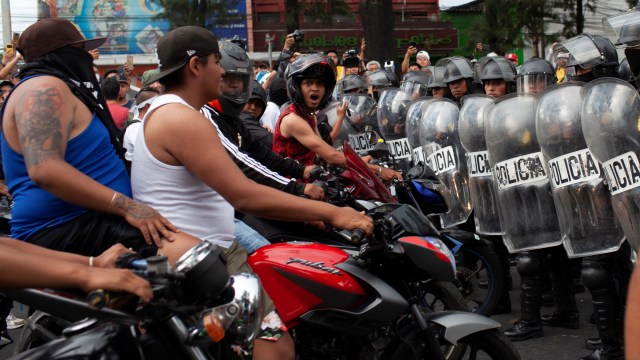
Guatemala’s Democratic Transition Isn’t Out of the Woods Yet
Over the past two weeks, Guatemalans have taken to the streets to defend the country’s democratic transition scheduled for January, when President-elect Bernardo Arevalo is supposed to take office.
The protesters are convinced that the ruling political and economic elites are attempting to undo the results of the country’s recent presidential election and remain in power unconstitutionally. As columnist James Bosworth writes, they have good reason to be alarmed.
The Thaw in Australia’s Relations With China Could Be Fleeting
The release last week of Cheng Lei, an Australian journalist who had been detained by Beijing for more than three years, has highlighted a noticeable thaw in relations between China and Australia since Prime Minister Anthony Albanese took office in May.
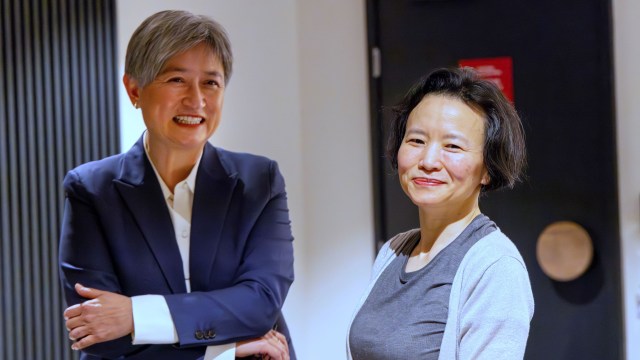
But while the Albanese government has changed the tone of relations with China, the substance of its policy has largely represented continuity with that of its predecessors.
As Michael Clarke writes, the question remains as to whether this approach can be anything more than a short-term fix given the deeper structural conditions that appear destined to keep Canberra and Beijing, at best, in a latent state of tension.

Question of the Day: According to a September poll conducted by Ipsos, what was the No. 1 campaign issue for New Zealand voters in this past weekend’s election?
Find the answer in the latest WPR Weekly Quiz, then read Geoffrey Miller’s briefing on the New Zealand election.

Leaders of several emerging markets are arriving in Beijing today and tomorrow for a forum to mark the 10th anniversary of the Belt and Road Initiative, or BRI, China’s multitrillion-dollar global infrastructure development program, largely for Global South countries.
The BRI is currently being retooled and refocused into the Global Development Initiative, or GDI, as China seeks to reshape its role as an international development partner. As Cobus Van Staden wrote in May and as Mary Gallagher wrote earlier this month, the GDI may seem scaled down compared to the BRI, but its conceptual aims are broader, representing Beijing’s vision of an alternative to U.S. hegemony.
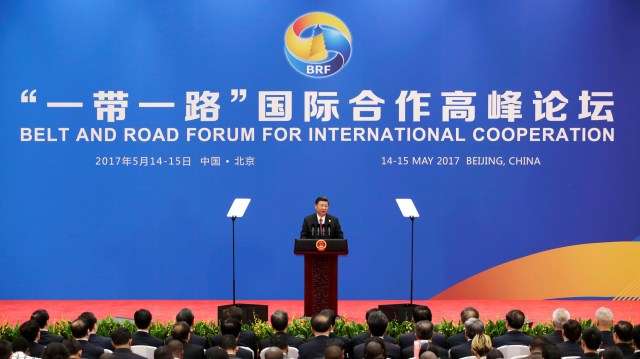
China Is Looking to Transform Global Development—Again
May 2, 2023 | A decade after its launch, China is either retooling or replacing the Belt and Road initiative. What does that mean for global development? Read more.
China Hasn’t Abandoned Its Global Development Ambitions
Oct. 3, 2023 | Though its projects are scaled down, China’s Global Development Initiative has broader aims than the Belt and Road Initiative. Read more.
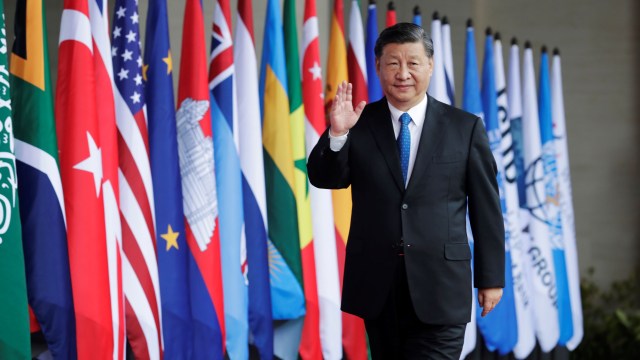
Provisional results from Liberia’s Oct. 10 election show a tight race for the presidency. With 73 percent of the votes tallied, President George Weah and opposition leader Joseph Boakai are nearly tied at around 43 percent each. The winner must secure 50 percent of the votes cast to avoid a runoff election.
Jacien Carr wrote in March that Weah would face strong political headwinds in this election due to anxieties among Liberians—especially young adults—about the economy, security and the quality of public institutions.
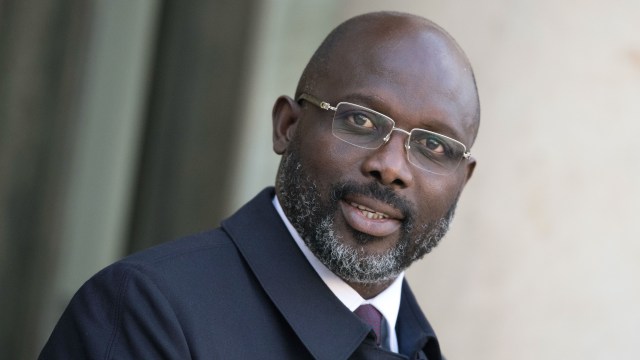
Weah Has His Work Cut Out for Him in Liberia’s Upcoming Election
May 12, 2023 | President Weah is looking to win a second term in Liberia’s election, but a struggling economy and high inflation may prevent that. Read more.
In a referendum over the weekend, Australians voted against enshrining a mechanism for Indigenous people to advise parliament on matters affecting them in the nation’s constitution. The referendum was a result of a drive in the late 2010s for constitutional recognition of Indigenous peoples in Australia, a movement about which WPR ran a Q&A in 2016. Read it here.
More From WPR
- Paul Poast on “frozen conflicts” going hot.
- Afolabi Adekaiyaoja on coups in Africa.
- Frida Ghitis on Latin America’s response to Hamas’ attack on Israel.
- Alexander Clarkson on the Israel-Hamas war and Egypt.

